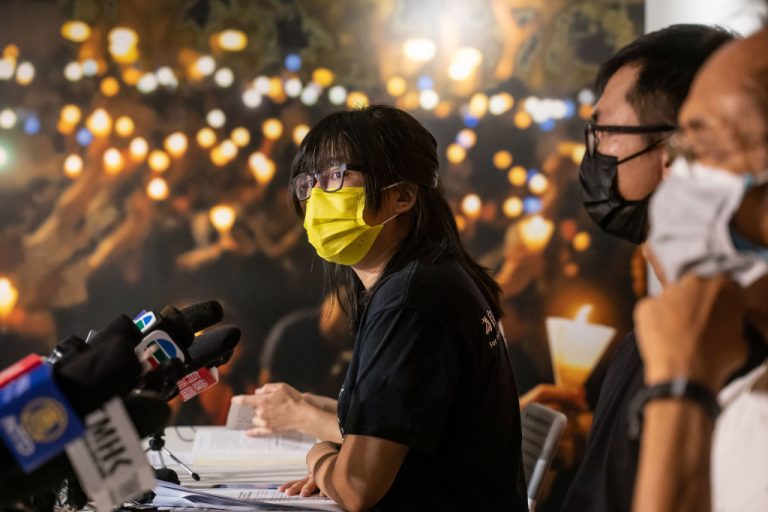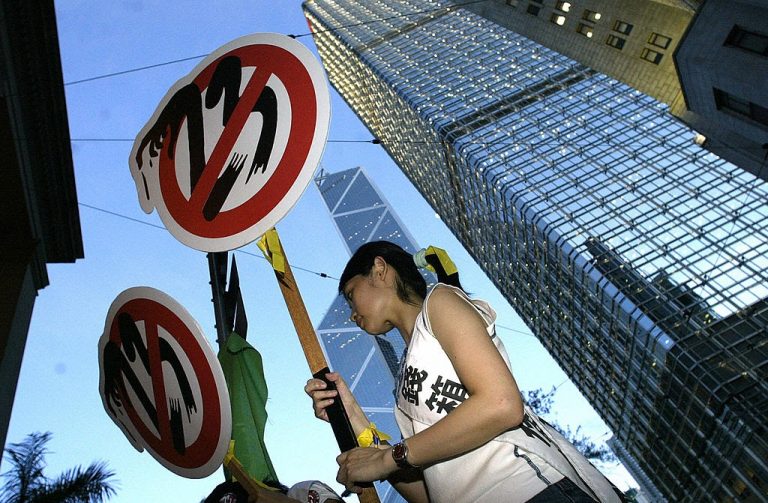By Jessie Pang
HONG KONG — Democracy activist and barrister Chow Hang-tung won an appeal on Wednesday (Dec. 14) against her conviction and sentence over a “banned” candlelight vigil in Hong Kong last year to commemorate victims of China’s 1989 crackdown on pro-democracy protesters.
High Court judge Judianna Barnes said in a written judgment that Chow did appeal for the public to assemble at the Victoria Park but it was not illegal, as the legality of the police ban was “not established”.
Chow, 37, was originally convicted by magistrate Amy Chan for inciting others to take part in an unauthorised assembly and sentenced to 15 months in jail in January.
She was at the time found guilty for publishing social media posts and newspaper articles calling for mass participation in the vigil last year.
Success
You are now signed up for our newsletter
Success
Check your email to complete sign up
Police banned the annual Tiananmen vigils last year, citing coronavirus restrictions.
Chow was the former vice-chairperson of the now disbanded Hong Kong Alliance in Support of Patriotic Democratic Movements in China. She told Reuters in November that the “communist state” can incarcerate people, but it cannot lock up their thinking.
MORE ON HONG KONG’S FADING FREEDOMS
- Jailed Hong Kong Democracy Activist: Opposing the Communist Party Is Not ‘Anti-China’
- Tiananmen Vigil Organizers Ordered to Take Down Online Content Amidst Sustained Attacks by Hong Kong Police
- Hong Kong Activist, Chow Hang-tung, Sentenced to 15 Months in Prison
The Alliance, which organised the city’s annual candlelight vigils for the 1989 crackdown in and around Beijing’s Tiananmen Square, disbanded last September after the arrests of its key leaders and executive members.
Although Barnes dropped Chow’s unauthorised assembly charge, she has nearly finished serving the original sentencing. She is remanded in custody for two other national security charges.
She has pleaded not guilty to all the security charges, including inciting subversion and failing to comply with a police order to submit information about the group’s membership, finances and activities.
The national security law, punishing subversion, collusion with foreign forces and terrorism with up to life in prison, was imposed by Beijing in 2020.
Hong Kong and Chinese governments said the law is necessary to restore stability to Hong Kong after anti-government protests in 2019.
Reporting by Jessie Pang; Editing by Raju Gopalakrishnan.













